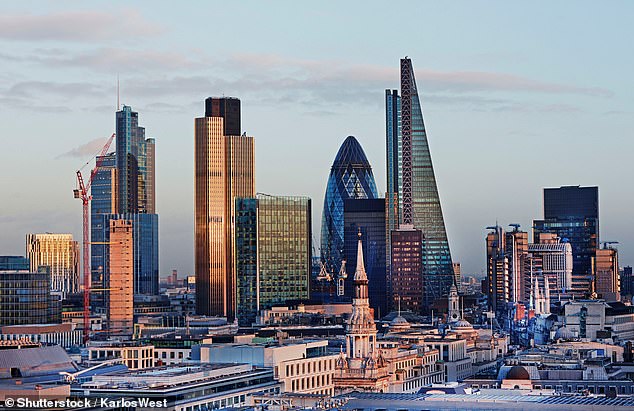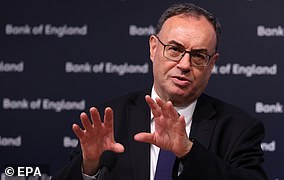The Labour Party is facing a growing backlash over its plans to raise the minimum wage further after businesses warned it could have “unintended consequences”.
Industry figures are increasingly concerned about the prospect of rising costs and regulation, with wages and workers’ rights under scrutiny, as well as fears of higher taxes.
The signage business has already taken a hit in recent weeks: Card Factory, one of Britain’s best-known retailers, saw its shares fall after blaming a recent rise in the minimum wage for its falling profits.
Warning: Industry figures are increasingly concerned about the prospect of rising costs and regulation, with wages and workers’ rights in the spotlight
The grim update came just a day after a report from S&P Global found that UK job creation has been “stifled” and investment plans “frozen” as the economy slows amid “nervousness” among business leaders ahead of next month’s Budget.
The Confederation of British Industry (CBI) yesterday sounded the alarm over further increases in the minimum wage and a package of rights for workers.
“There are things we can do to improve rights within our economy, but that needs to be balanced against any unintended consequences,” CBI Executive Director Rain Newton-Smith told Bloomberg Radio.
“We need to make it easier for companies to take risks with people, to take risks in growing their businesses and creating more jobs.”
The British Retail Consortium (BRC), the high street trade body, also urged Labour to act cautiously at a time when businesses are already facing sharply rising costs.
And UK Hospitality, which represents thousands of bars, pubs and hotels, said the minimum wage was hitting jobs and investment.
It was the latest evidence that businesses are concerned about the government’s plans to offer a raft of new rights to workers.
Labour has been trying to reassure business leaders that it is pro-business while hammering home the message that it is prioritising growth at its party conference in Liverpool.
But it has also reiterated its aim to introduce a so-called “genuine living wage” that reflects rising costs of living, as well as banning some zero-hours contracts and giving workers the “right to disconnect”, among a raft of workplace reforms.
The national minimum wage, which applies to workers aged over 21, has already risen significantly this year, rising 9.8 per cent to £11.44 an hour in April.
The lower wages applied to younger workers also rose sharply. Yesterday, Card Factory revealed that its profits for the six months to the end of July fell 43 per cent to £14m, mainly as a result of the minimum wage increase. Shares fell 21.1 per cent, or 30.2p, to 112.8p.
Kate Nicholls, chief executive of UK Hospitality, warned that a further sharp rise in the minimum wage this year could “put significant pressure on hospitality businesses already struggling with cost challenges”.
Tom Ironside, director of business and regulation at the BRC, also warned that the extra costs would “increase pressure on businesses and limit their ability to invest”.



